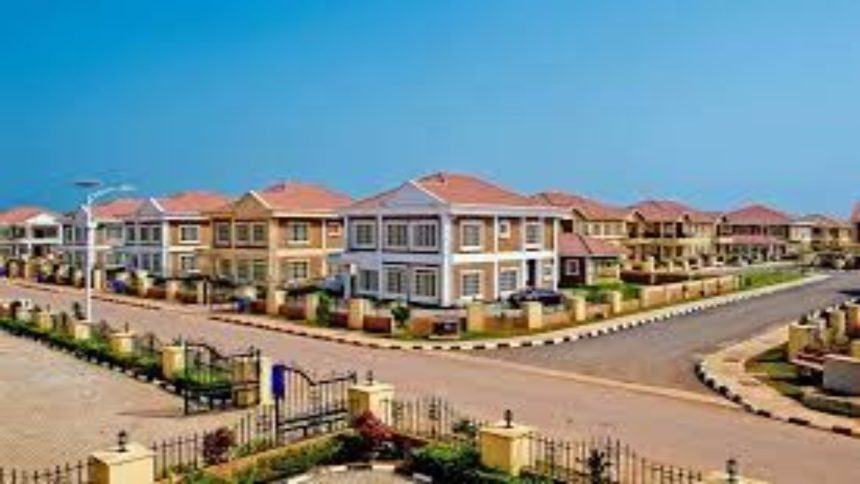The year 2024 proved to be a turbulent period for Nigeria’s housing sector, as macroeconomic adversities cast a long shadow over its performance.
Despite the combined real estate and construction sectors contributing an impressive N11 trillion to the country’s GDP, the industry faced severe headwinds that tested its resilience and adaptability.
Inflation emerged as a dominant challenge, surging to 34.19% in June, up from 33.94% in May. This relentless rise in inflation eroded consumer purchasing power, weakened demand, and inflated the costs of building materials and labor. Developers found it increasingly difficult to maintain project viability, leading to a decline in new developments and a rise in housing costs, unsettling both buyers and renters alike.
The Central Bank of Nigeria’s monetary policies aimed at stabilizing the economy further complicated matters for the sector. A series of interest rate hikes, intended to curb inflation, drove up borrowing costs to unsustainable levels for real estate developers. Coupled with a volatile exchange rate, which saw the naira trading as high as N1,900 to the dollar in the parallel market, the sector’s reliance on imported materials became a significant bottleneck. This exchange rate volatility forced many developers to pause or abandon projects altogether.

Foreign direct investment in real estate also dwindled, constrained by Nigeria’s poor economic performance. Capital inflows into the sector dried up, limiting opportunities for large-scale construction projects. The industry’s GDP contribution fell to 5.20% in 2024, compared to 5.31% in 2023, reflecting these challenging conditions.
However, amid the economic gloom, some bright spots emerged. Population growth continued to drive demand for residential properties, particularly in mid-market areas, while the supply of Grade B+ retail malls in Abuja increased. Additionally, projections from Northcourt Real Estate suggest a 7.24% growth in the market, with a total estimated value of $2.14 trillion by the end of 2024. Residential real estate remains the largest segment, with an expected market volume of $1.77 trillion.
Despite these projections, Nigeria’s housing deficit remains a pressing concern. Estimates from the World Bank and industry leaders put the shortfall at 20 million units, requiring an annual production of 550,000–700,000 homes over the next two decades. Bridging this gap would demand an investment of up to N7 trillion, highlighting the urgent need for robust public-private partnerships and policy interventions.
Ahmed Dangiwa, Nigeria’s Minister of Housing and Urban Development, has called for innovative solutions to address this deficit. Emphasizing the critical role of private sector collaboration, he noted that overcoming the challenges of inflation, high-interest rates, and exchange rate instability will be essential to unlocking the sector’s full potential.
While 2024 has been a year of trials for Nigeria’s real estate sector, its capacity to adapt and innovate under pressure signals a resilient future. The road ahead may be steep, but with strategic investments and policy support, the industry can emerge stronger, meeting the country’s growing housing needs.



